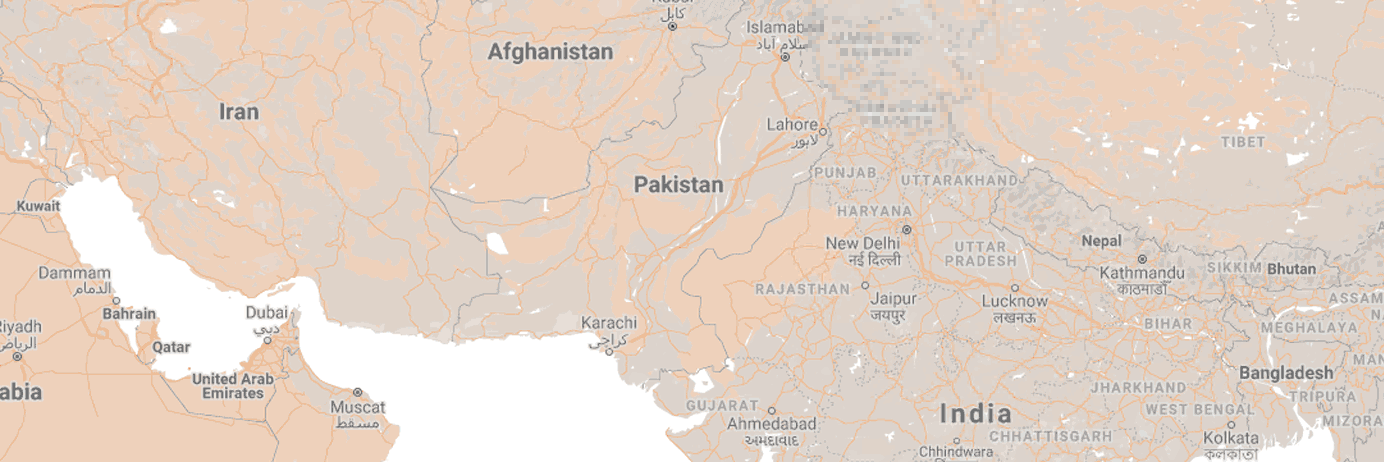
The great escape: Kuwait to Dhaka in a GMC Suburban
‘I wondered if the Iraqi captain would believe I had made it’
Dubai: Years ago, in a taxi while on a trip to Kuwait, I got chatting with the middle-aged cabbie. He was from Bangladesh, and said he had been in Kuwait during the Iraqi invasion in 1990 but had fled before the war began. I asked him about his experience of the invasion, and he went quiet for a while. After that, in a calm, matter-of-fact manner, he narrated to me quite a story.
He said he had arrived in Kuwait in the late 1980s, and worked as a driver for an upper middle class Kuwaiti family. At the time of the Iraqi invasion, the family was vacationing in Europe (by some estimates, 75 per cent of Kuwaiti citizens were on holiday abroad that August). He was in his quarters inside the family villa when Iraq invaded. The family was not due back for weeks, but now he knew they would not come back, given the occupation.
The cabbie said he had no idea what to do and was getting increasingly desperate. Gradually, the supplies were also becoming harder to come by.
Iraqi units were regularly patrolling areas, especially upmarket ones usually inhabited by Kuwaitis and Western expats. One such unit came knocking at his doorsteps.
The man said Iraqi forces had a reputation for brutality but he had also noticed that they were treating Kuwaitis far more harshly than impoverished immigrants from the sub-continent. The Iraqi unit that arrived at his place was led by an officer with the rank of captain. After asking him several questions about the inhabitants in the compound of the villa, the officer pointed to a parked GMC Suburban.
“Is that your employer’s car?” When he said yes, the Iraqi replied: “He’s not coming back. Take this and drive to your country.” The cabbie said that he did not reply, and just stared back at the officer, assuming he was joking. Turned out, he wasn’t.
Many foreign workers were leaving Kuwait by road at that time, and UN agencies were coordinating with governments of neighbouring countries to open their borders for passing refugees from Kuwait. Tens of thousands of Indians, for instance, drove 1,800km from Kuwait to Amman, all the way across Baghdad as the Indian government at that time was organising what later became the world’s biggest ever airlift.
But this airlift was only for Indians. The Bangladeshi man had no such access to help - and the GMC ride suddenly seemed a viable proposition. He set about organising whatever paperwork he could, with the help of UN agencies, who were also issuing food and fuel stamps, and with whatever savings he had, he set about on his epic journey.
The first major stop was Basra, in southern Iraq, a few hours drive from Kuwait. And from there, it was the dash to the Iranian border. He entered Iran through the south-western Khuzestan province. And then drove eastwards across that vast country, for nearly 1,800km, to the Zahedan province in the south-east. And crossed into Balochistan in Pakistan. “Though the ride was long and arduous, with days of paperwork along the way, I had the perfect vehicle for the job. The big GMC was only two or three years old, and really comfortable,” he reflected with apparent fondness.
After this, it was days more of driving eastwards, about 1,700km until he reached Lahore, in Pakistani Punjab. He then entered Punjab on the Indian side through the Wagah border.
And then began another gruelling, 2,000km journey from Amritsar to Kolkata (or as it was known then, Calcutta) in India’s West Bengal state. From then on, it was a short drive to home sweet home.
Showing emotion for the first time in the course of his narration, his eyes lit up. “I was really exhausted but also really proud. I wondered whether the Iraqi captain would believe I had made it!”
In Dhaka, the GMC apparently made quite an impression, and he decided selling it would be the best course of action. Word spread, and he ended up selling it to “a corrupt politician’s son”. He added: “I used the money to buy a house in my village.”
But what about the moral aspects of this story? I asked him if he had any regrets about making away with his employer’s car in this manner. He said no. “I really didn’t think he would come back ever again to Kuwait. I really didn’t think Iraq would leave Kuwait. The Iraqis had plundered many homes, and looted jewellery, cars, furniture. In my case, I had no choice.”
Years later, he went back to Kuwait, this time to work as a taxi driver.